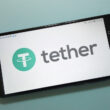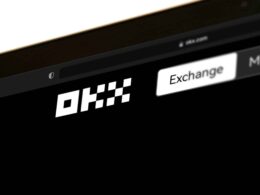The Autorité de Contrôle Prudentiel et de Résolution (ACPR), a body within the French Central Bank, recently published a summary of the public consultation it conducted on decentralized finance (DeFi). The consultation, held for two months from April to May, sought views and opinions from market participants in France, Europe, and other continents to address the contemporary issues in web3 and reshape the financial sector.
Risk and Centralization in DeFi
One of the key findings of the consultation was the recognition of operational risks in the blockchain mechanisms underlying DeFi projects. According to the ACPR, the high concentration of infrastructure on cloud service providers poses significant risks. Additionally, the ACPR emphasized that the frequent presence of centralized components in most DeFi projects makes them disintermediated rather than decentralized. As stated by the ACPR, “participants in the consultation have highlighted the structural persistence of elements of centralization in the way DeFi protocols operate. The ACPR, therefore, believes that the term ‘disintermediated’ finance is more appropriate than that of ‘decentralized’ finance.”
Regulatory Efforts in Europe
Amid global efforts to regulate the DeFi space, European authorities have taken specific steps to align with the Markets in Crypto Assets (MiCA) regulations. The French authority has published a set of guidelines to shape regulations in the broader sector. The first priority is ensuring reliable blockchain architecture for all DeFi projects to mitigate unexpected failures. Additionally, the regulator aims to establish rules for the rollout and operation of smart contracts in accordance with MiCA and define platform governance patterns to protect DeFi users.
Furthermore, the majority of participants in the consultation expressed the importance of keeping DeFi transactions on public blockchains rather than permissioned ones to maintain transparency and avoid centralization. While public blockchains are preferred, participants also called for frequent audits across all networks and stronger security measures. They also advocated for the certification of smart contracts and regulations for intermediaries and user interfaces.
The European Securities and Markets Authority (ESMA) also joined the conversation, recently releasing its analysis on the developments of DeFi and potential risks. The report recognized the positive impact of DeFi on finance, but also emphasized the need for wider regulations.
















